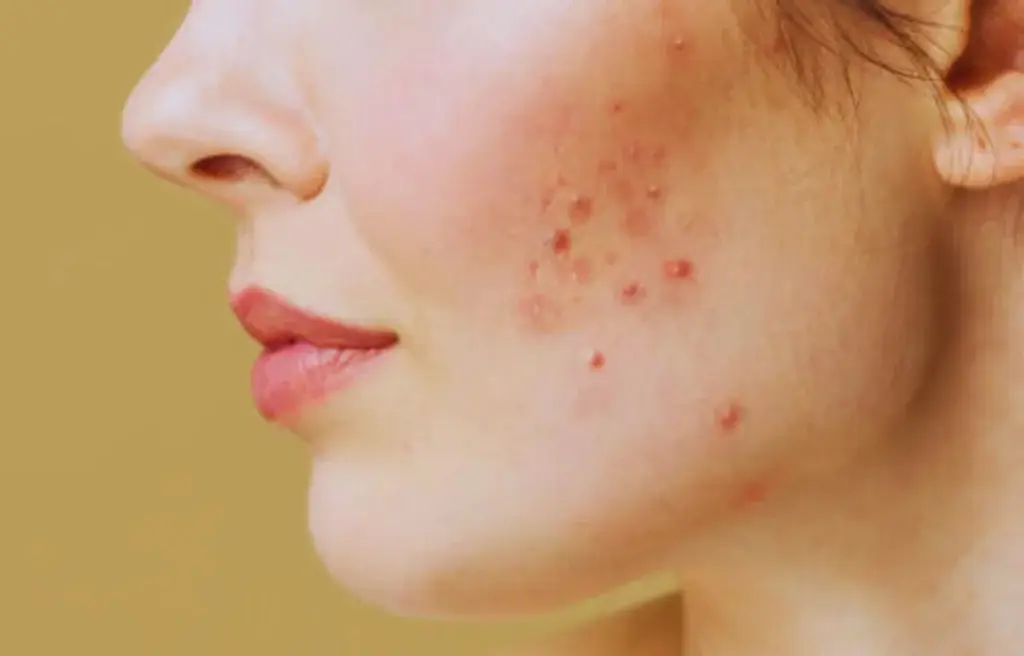Now Reading: Acne Treatment Recall: Protect Your Skin From Benzene Risks
- 01
Acne Treatment Recall: Protect Your Skin From Benzene Risks

Acne Treatment Recall: Protect Your Skin From Benzene Risks
Recently, several acne treatment products were recalled because they contained benzene. Benzene is a harmful chemical linked to cancer, making this recall very serious. If you use acne treatments with benzoyl peroxide, you may wonder if your product is safe. Let’s dive into what happened, why it matters, and how to protect your skin.
What Is Benzene and Why Should You Worry?
Benzene is a colorless chemical. It’s used in many industrial processes, and it can also be found in some household products. Benzene is a known carcinogen, meaning it can cause cancer, especially leukemia. Long-term exposure, even in small amounts, can also damage bone marrow.
For acne treatments, the concern is when products, especially those with benzoyl peroxide, are contaminated with benzene. While benzoyl peroxide helps fight acne, the presence of benzene makes it dangerous.
Which Acne Treatment Products Were Affected by the Recall?
Several acne products were recalled due to benzene contamination. Most of these products contain benzoyl peroxide. Here’s a list of the affected items:
- La Roche-Posay Effaclar Duo Dual Action Acne Treatment (Lot no. MYX46W; Expires April 2025)
- Walgreens Acne Control Cleanser (Lot no. 23 09328; Expires September 2025)
- Proactiv Emergency Blemish Relief Cream Benzoyl Peroxide 5% (Lot nos. V3305A, V3304A; Expires October 2025)
- Proactiv Skin Smoothing Exfoliator (Lot no. V4204A; Expires July 2025)
- SLMD Benzoyl Peroxide Acne Lotion (Lot no. 2430600; Expires March 2025)
- Walgreens Tinted Acne Treatment Cream (Lot no. 49707430; Expires March 2026)
- Zapzyt Acne Treatment Gel (Voluntarily recalled for benzene levels)
Retailers have removed these products from shelves. Still, check your products at home. If any of the listed items are in your collection, stop using them immediately.
Stay updated with recall alerts from trusted sources like the FDA or check the official brand websites.
How Does Benzene Contaminate Acne Products?
Benzoyl peroxide is an effective acne treatment. It kills bacteria, reduces inflammation, and helps skin cells turn over faster. However, when not made or stored properly, these products can get contaminated with benzene.
Contamination can happen during manufacturing or packaging. Raw materials or equipment may not be handled correctly. In some cases, benzene is present as an impurity in the raw ingredients. Even small amounts of benzene are harmful when used repeatedly.
What Are the Health Risks of Benzene Exposure?
Benzene is toxic and can cause serious health problems. Here are some risks linked to its exposure:
- Leukemia: A cancer that affects blood-forming tissues.
- Bone Marrow Damage: Benzene can harm bone marrow, leading to blood disorders.
- Weakened Immune System: Prolonged exposure may make it harder for your body to fight infections.
Even low levels of benzene can be dangerous over time. If you’ve used a recalled product, stop using it and consult a healthcare provider.
What to Do If Your Acne Treatment Is Recalled
If you think your acne treatment was affected by the recall, follow these steps:
- Check Recall Alerts: Visit the FDA website for the latest information on recalled acne products. They update the lists regularly.
- Look for Product Codes: Most recalled acne products will have lot numbers or product codes listed on the packaging. Check these codes to see if your product is affected.
- Stop Using the Product: If your product is on the recall list, stop using it immediately. Benzene exposure can be harmful, so it’s better to stop use than risk health issues.
- Return or Exchange the Product: Many retailers and manufacturers offer refunds or exchanges for recalled products. Visit the store where you bought the product or contact the manufacturer for more details.
Safe Alternatives to Benzoyl Peroxide for Acne Treatment
If your acne treatment was recalled, there are safe alternatives available. Here are a few options to consider:
- Salicylic Acid: This ingredient helps exfoliate the skin, unclog pores, and reduce inflammation. It is gentle and effective for acne.
- Retinoids: These vitamin A derivatives help speed up skin cell turnover, reducing acne and preventing new breakouts. Retinoids are great for stubborn acne and improving skin texture.
- Tea Tree Oil: Known for its antibacterial properties, tea tree oil can reduce acne and inflammation without harsh chemicals.
- Niacinamide: This soothing ingredient reduces inflammation and helps skin heal. It’s perfect for sensitive skin types.
Before switching to a new treatment, talk to your dermatologist. They can recommend the best option for your skin.
Conclusion
The recall of benzoyl peroxide acne treatments due to benzene contamination serves as an important reminder to stay informed. By taking simple precautions, switching to safer products, and seeking expert advice, you can continue caring for your skin with confidence. Always prioritize your health by choosing products from reliable brands.
Disclaimer:This blog post is for informational purposes only and is not a substitute for professional medical advice. Always consult a dermatologist or healthcare provider for personalized ACNE TREATMENT recommendations.











